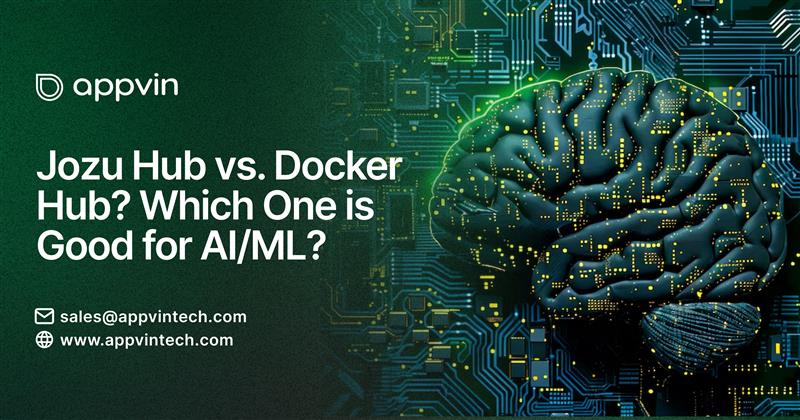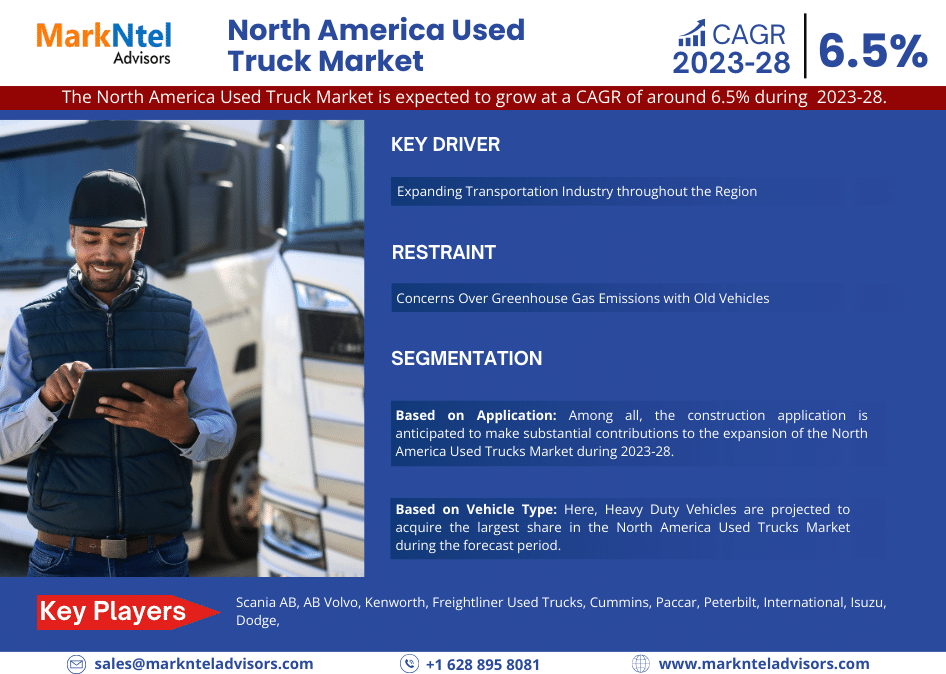Jozu Hub vs. Docker Hub? Which One is Good for AI/ML?
The trusted container registry is the lifeline of a developer in this fast-changing world of AI and ML. It streamlines the management, storage, and deployment of containerized applications and workflows, particularly for projects involving complex AI/ML pipelines.
Two giants for developers are Docker Hub and Jozu Hub. Of the two, which would be best for your AI/ML projects?
Let’s dive straight into the nuances of these services and analyze them thoroughly in terms of features, capabilities, and limitations. Which one will win the race for your AI/ML development workflows? Keep reading to find out.
What is a Container Registry?
A container registry is a service to hold and manage container images. It is pretty much necessary to deploy applications in a containerized form because it allows developers to share, update, and deploy software efficiently.
In container registries, AI/ML projects work with big data, pre-trained models, and dependencies through encapsulation in Docker images or similar. This enables seamless collaboration between teams and reproducibility in complex workflows.
Why the AI/ML Engineer Needs a Container Registry
AI/ML workflows are resource-intensive; each phase, from development to training, testing, and deployment, requires consistency to work as expected. A container registry provides:
- Centralized Management: Easy storage and retrieval of container images, maintaining consistency within the deployments.
- Version Control: Tracks changes on containerized models, datasets, and dependencies.
- Scalability: Easy scaling of ML workflows on cloud platforms or on-premise infrastructure.
- Team Collaboration: Enables easy sharing of ML experiments and reproducible results.
For AI/ML engineers, a reliable container registry reduces errors from dependency conflicts, environment misconfigurations, or outdated images.
Comparing Docker Hub and Jozu Hub for AI/ML Projects

Where Docker Hub Falls in AI/ML Pipelines
Docker Hub is one of the most widely used container registries for general-purpose containerized applications in DevOps. However, when speaking of AI/ML projects, it shows some limitations:
- No ML-Specific Optimizations: Docker Hub lacks features tailored for machine learning workflows, such as model versioning and dataset management.
- Scalability Issues: Docker Hub struggles with large ML workflows, as storage or bandwidth constraints can become a bottleneck.
- Limited Customization: Offers minimal flexibility for building registries tailored to specific AI/ML workflows.
- Security Vulnerability: Though rare, Docker Hub has faced occasional vulnerabilities, making it less ideal for critical ML pipelines involving proprietary models or datasets.
Docker Hub is good enough for traditional DevOps workflows, but its disadvantages make it less suitable for AI/ML use cases.
Why Jozu Hub is a Better Alternative to Docker Hub for AI/ML Pipelines
Jozu Hub is a newer entrant in the container registry space, designed especially for AI/ML workflows. Here’s what it offers:
- AI-Centric Design: Features like model versioning and dataset management cater directly to the unique challenges of ML engineers.
- Optimized for Big Workloads: High performance with large datasets and container images ensures smooth scaling of ML pipelines.
- Security: Advanced security features like image signing and role-based access controls (RBAC) safeguard proprietary AI models and sensitive datasets.
- Collaboration and Integration: Seamlessly integrates with popular frameworks like TensorFlow, PyTorch, and Scikit-learn, enabling easy sharing and deployment of ML experiments.
Unlike Docker Hub, Jozu Hub supports specific ML workflows, providing developers flexibility and control over resource allocation and usage.
Why Jozu Hub is the Best Choice for AI/ML Projects
Jozu Hub eliminates many of the pain points associated with Docker Hub. Here’s why it’s the preferred option for machine learning projects:
- Smooth Model and Dataset Management
Jozu Hub offers direct version control, making it easy to revert or update to previous versions. - Enhanced Efficiency in AI Workloads
Optimized data caching and high-speed transfers minimize latency for image retrievals, even with large datasets. - Advanced Collaboration Features
Shared workspaces and deployment pipelines enable seamless collaboration among data scientists, ML engineers, and DevOps teams. - AI/ML Framework Support
Ensures compatibility with major ML libraries and frameworks, including TensorFlow and PyTorch, for faster experimentation and deployment. - Enhanced Cloud Integration
Jozu Hub integrates with major cloud providers like AWS, GCP, and Azure, simplifying the scaling and deployment of containerized ML workloads. - Cost Efficiency
With flexible pricing models tailored for ML-specific workloads, Jozu Hub offers better value compared to Docker Hub.
Key Takeaways
Choosing between Docker Hub and Jozu Hub depends on your use case:
- For general-purpose containerized applications, Docker Hub is sufficient.
- For AI/ML projects, Jozu Hub’s specialized features, scalability, and AI-centric capabilities make it the superior choice.
Switching to Jozu Hub can simplify ML workflows, reduce experimentation time, and enhance collaboration for safer and more efficient deployment.
Why AppVin Technologies Recommends Jozu Hub
At AppVin Technologies, we specialize in developing scalable AI/ML applications and platforms. We recommend Jozu Hub for its unparalleled capabilities in enhancing containerized workflows.
Whether you need to integrate Jozu Hub into your existing environment or create custom ML workflows, AppVin Technologies ensures seamless implementation.
Discover how we can unlock the power of AI/ML development for your business at AppVin Technologies.
Choosing the right container registry saves time, reduces errors, and accelerates your AI/ML development. Ready for the change? Let us help you make it happen!













Post Comment